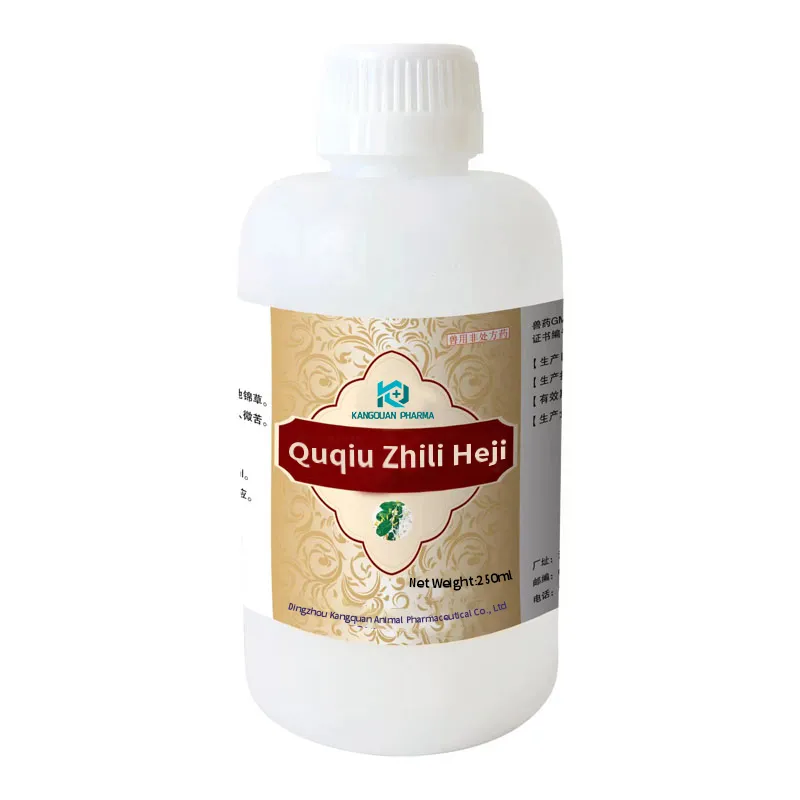- Afrikaans
- Albanian
- Amharic
- Arabic
- Armenian
- Azerbaijani
- Basque
- Belarusian
- Bengali
- Bosnian
- Bulgarian
- Catalan
- Cebuano
- Corsican
- Croatian
- Czech
- Danish
- Dutch
- English
- Esperanto
- Estonian
- Finnish
- French
- Frisian
- Galician
- Georgian
- German
- Greek
- Gujarati
- Haitian Creole
- hausa
- hawaiian
- Hebrew
- Hindi
- Miao
- Hungarian
- Icelandic
- igbo
- Indonesian
- irish
- Italian
- Japanese
- Javanese
- Kannada
- kazakh
- Khmer
- Rwandese
- Korean
- Kurdish
- Kyrgyz
- Lao
- Latin
- Latvian
- Lithuanian
- Luxembourgish
- Macedonian
- Malgashi
- Malay
- Malayalam
- Maltese
- Maori
- Marathi
- Mongolian
- Myanmar
- Nepali
- Norwegian
- Norwegian
- Occitan
- Pashto
- Persian
- Polish
- Portuguese
- Punjabi
- Romanian
- Russian
- Samoan
- Scottish Gaelic
- Serbian
- Sesotho
- Shona
- Sindhi
- Sinhala
- Slovak
- Slovenian
- Somali
- Spanish
- Sundanese
- Swahili
- Swedish
- Tagalog
- Tajik
- Tamil
- Tatar
- Telugu
- Thai
- Turkish
- Turkmen
- Ukrainian
- Urdu
- Uighur
- Uzbek
- Vietnamese
- Welsh
- Bantu
- Yiddish
- Yoruba
- Zulu
10 月 . 01, 2024 10:34 Back to list
Effective Solutions for Veterinary Disinfectants and Cleaners to Ensure Animal Health
The Importance of Veterinary Disinfectant Cleaners in Animal Health
In veterinary practices, maintaining a clean and sanitized environment is paramount to the health and well-being of animals. Veterinary disinfectant cleaners play a crucial role in preventing the spread of infectious diseases, ensuring that both patients and staff remain healthy. Understanding the importance and effective use of these disinfectants is essential for veterinary professionals.
What are Veterinary Disinfectant Cleaners?
Veterinary disinfectant cleaners are specialized cleaning products designed to eliminate a wide range of pathogens, including bacteria, viruses, fungi, and parasites that can threaten animal health. These cleaners are formulated to be effective on various surfaces commonly found in veterinary clinics, such as floors, cages, examination tables, and surgical instruments.
Why is Disinfection Important in Veterinary Practices?
1. Prevention of Disease Spread Animals in veterinary clinics often come from various backgrounds, which can lead to the mixing of pathogens. A thorough disinfection regimen helps mitigate the risk of outbreaks by killing harmful microorganisms that may linger on surfaces and equipment.
2. Protection of Vulnerable Populations Many animals treated in veterinary settings may have weakened immune systems, whether due to illness, age, or other factors. Ensuring a hygienic environment helps to protect these vulnerable individuals from opportunistic infections.
3. Regulatory Compliance Veterinary clinics are subject to strict health and safety regulations. Using effective disinfectants ensures compliance with these regulations, helping to avoid potential fines and maintaining a good reputation within the community.
4. Employee Safety Veterinary staff are at risk of exposure to zoonotic diseases, which can transfer from animals to humans. A sanitized environment contributes to the safety and health of veterinary professionals, reducing the likelihood of them contracting infections.
Key Features of Effective Veterinary Disinfectant Cleaners
When selecting a veterinary disinfectant cleaner, several key features should be considered
- Broad-Spectrum Efficacy The disinfectant must be effective against a wide range of pathogens, including those commonly found in veterinary settings, such as Parvovirus, Bordetella, and ringworm.
veterinary disinfectant cleaner

- Fast Action Quick-acting disinfectants can significantly reduce downtime in clinics, allowing for efficient cleaning between patient visits and procedures
.- Non-Toxic Formulation It is essential to choose products that are safe for animals and humans. Non-toxic and non-irritating formulations allow veterinary staff to use them without the concern of harmful side effects.
- Surface Compatibility Disinfectants should be suitable for diverse surfaces, including metals, plastics, and fabrics, without causing damage or degradation.
- Ease of Use Simple application methods, whether through sprays, wipes, or solutions, are crucial for facilitating thorough disinfection during busy practice hours.
Best Practices for Using Veterinary Disinfectant Cleaners
1. Follow Manufacturer Instructions Adherence to the instructions provided by the manufacturer ensures that the disinfectant is used effectively and efficiently.
2. Pre-Cleaning Surfaces should be cleaned of visible dirt and organic matter before applying disinfectants, as organic debris can shield pathogens from disinfectants.
3. Contact Time It is important to allow the disinfectant to remain on surfaces for the recommended contact time. This ensures maximum efficacy in eliminating harmful microorganisms.
4. Regular Training Regular training for staff on proper disinfectant use and the importance of maintaining a clean environment helps uphold high hygiene standards within the practice.
5. Routine Audits Conducting routine audits of cleanliness and disinfection practices can help veterinary clinics identify areas for improvement and ensure compliance with health regulations.
Conclusion
Veterinary disinfectant cleaners are essential tools in safeguarding the health and welfare of animals in veterinary practices. By understanding their role, features, and best practices, veterinary professionals can create a safer environment for their patients, staff, and themselves. Investing in effective sanitation measures not only protects the animals in our care but also contributes to the overall success and reputation of veterinary practices.
-
The Power of Radix Isatidis Extract for Your Health and Wellness
NewsOct.29,2024
-
Neomycin Sulfate Soluble Powder: A Versatile Solution for Pet Health
NewsOct.29,2024
-
Lincomycin Hydrochloride Soluble Powder – The Essential Solution
NewsOct.29,2024
-
Garamycin Gentamicin Sulfate for Effective Infection Control
NewsOct.29,2024
-
Doxycycline Hyclate Soluble Powder: Your Antibiotic Needs
NewsOct.29,2024
-
Tilmicosin Premix: The Ultimate Solution for Poultry Health
NewsOct.29,2024













